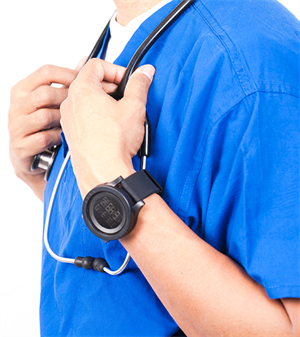Travelling abroad to have a medical procedure is becoming normalized, as Canadians seek to take advantage of cheaper medical bills and shorter waiting times. Some procedures are easier to access abroad than in Canada, too.
The most usual reasons for healthcare tourism are:
- cancer treatment
- cosmetic surgery
- dental care
- fertility treatment
- organ transplants
What do I need to know before travelling for healthcare?
Before you commit to travelling for surgery, it’s important to do your research so you fully understand any risks you are taking. Here are some questions you may wish to explore.
Not every country has the same level of assurance about the quality of healthcare practitioners. If you’re used to accessing healthcare in Canada, you may take it for granted that the clinician you are working with is accredited and trained in the procedure, and has access to high quality equipment and drugs. This is not the case everywhere in the world. So it is important to research the clinician and the healthcare centre from which you are getting treatment.
Not only that, but not every healthcare system has the same level of infection control. In some countries, your risk of a healthcare acquired infection is higher than in others.
If you do not speak the language of your destination country, will you be comfortable and safe receiving medical treatment? Check that you can make yourself understood at the health centre, and that you can understand what clinicians and nurses are saying to you.
It may not be safe to travel by air immediately after your procedure. Can you wait a week or ten days before returning to Canada after you have finished treatment? Ask if there are any limitations on your activities after the procedure. We have a blogpost about flying after surgery that might be of help.
For more information, you can also check the advice from The Government of Canada about receiving medical care outside Canada.
How can I ensure I get safe healthcare abroad?
As mentioned above, good research is helpful ahead of surgery abroad. Talk with your healthcare team, and with the organization you are planning to use for your treatment. Ask plenty of questions about the procedure, the risks and the recovery.
As with any trip abroad, six to eight weeks before you travel, it’s a good idea to get a travel health consultation. This will give you plenty of time to get full doses of all the travel vaccines you may require. Make an appointment with Canadian Travel Clinics – it’s quick and easy, and we have plenty of appointments. Be sure to let the pharmacist know you are travelling for a procedure so they can tailor their advice.
Travel insurance is really important for medical tourists – a medical evacuation back to Canada can cost tens of thousands of dollars. Your usual health insurance will not cover you if you are abroad, and you may wish to investigate specialist policies for medical tourists.
Finally, think about what care you may need when you get home. Will you need follow-up treatments or meds in Canada, and are these easily available? Will you be fit to take care of yourself when you get home?
Do I need to get vaccinated before I seek healthcare abroad?
When you go for your pre-travel health consultation, the pharmacist may recommend that you get some vaccinations. Their recommendation will depend on your destination and on the procedure you are having. The hepatitis B vaccine is sometimes recommended to people having surgery abroad. This is because hepatitis B can be contracted from medical equipment or during surgery.
We hope this has been of help as you explore your options for surgery abroad.

